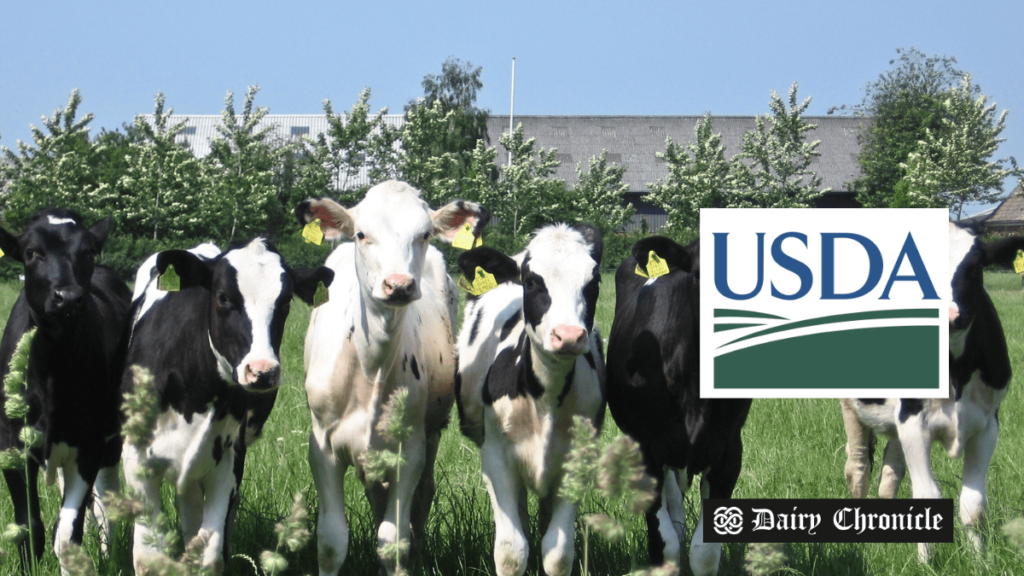Wisconsin farmers express concerns about participating in USDA support programs amid an avian flu outbreak, fearing it could negatively impact their businesses. Secretary of Agriculture Tom Vilsack emphasizes the importance of these programs and reassures farmers about maintaining relationships with processors while ensuring biosecurity measures.
In the United States, particularly in Wisconsin, farmers are increasingly apprehensive about signing up for support programs offered by the U.S. Department of Agriculture (USDA) due to a recent outbreak of avian flu. The concerns were highlighted during the World Dairy Expo in Madison, Wisconsin, where many local farmers expressed their fears that acknowledging the presence of the virus could adversely affect their businesses.
Secretary of Agriculture Tom Vilsack has stressed the significance of these support programs for farmers facing challenges due to the virus. Many farmers worry that openly recognizing the outbreak could jeopardize their relationships with processors, making them hesitant to seek assistance. This anxiety comes in the wake of earlier government initiatives aimed at providing relief to agricultural producers.
The USDA, which plays a vital role in supporting American agriculture by offering various programs for crop insurance, disaster relief, and market access, aims to address these issues. In light of the outbreak, Vilsack emphasized the government’s commitment to ensuring effective pasteurization processes and safeguarding farmers from losing clients. He highlighted ongoing efforts to fund biosecurity measures and compensate producers who have suffered losses due to the outbreak.
Despite these reassurances, many farmers in Wisconsin remain dissatisfied with government programs, fearing that participation might lead to negative consequences for their operations. The USDA continues to work closely with processors to mitigate these risks and support farmers through this challenging period.
As the situation develops, Wisconsin farmers are left to navigate their options while hoping for effective solutions that will allow them to secure their livelihoods without compromising their business relationships.



